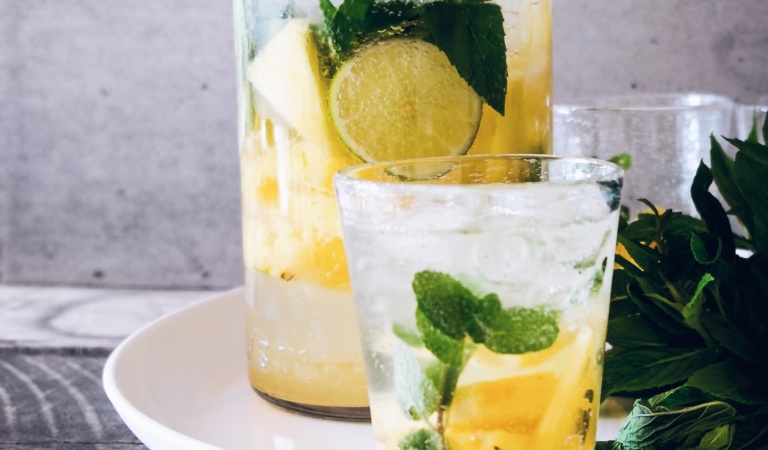 5th August 2021
5th August 2021Water Hygiene For Hotels
The hospitality industry prides itself on providing its guests with comfortable and safe accommodation with a touch of luxury. A part of this includes water hygiene; it needs to look good, feel good and most importantly, taste good.
This means efficient air conditioning, clean, safe domestic water and crystal-clear leisure pools and other water features. All of the above requires effective water hygiene for hotels.
In this blog, we are going to discuss water hygiene for hotels, the requirements and issues the industry faces, and how Cold Water Storage can help if you have any issues.
Common Water Hygiene Issues In Hotels
Legionella
This micro-organism may well be the most well-known bacteria present in building water systems due to media attention and management practices that have been integrated into the hotel health and safety over many years.
Significant Legionella contamination of a water system can result in people contracting Legionnaires’ disease – a form of atypical acute pneumonia. Legionnaires’ disease results in fever, muscle pain, nausea and can cause death in the worst cases.
Cross-Connections
Drinking water in the UK is protected by law. The Water Supply Regulations set out the requirements for the plumbing and installation process which includes pipes and stop valves.
The regulations make sure you avoid waste, misuse, undue consumption, erroneous measurement and, most importantly, contamination of the drinking water supply.
To avoid cross-connection problems always use an approved plumber.
Dead Or Blind Ends
Dead or blind ends have been disconnected from the water system. These capped or cut-off pipe ends can contain stagnant water and act as a breeding ground for bacteria.
The more dead ends within your water system, the more the risk it is to the user. If found we would recommend the removal of the whole length of the dead end pipework along with any associated blind joint and replace with straight pipework.
Dead Legs
A dead leg is any part of your water hygiene system which does not experience a regular flow of water.
Dead legs may occur when a particular part of the system is installed in an emergency; this could include showers or closed system filling systems. The length & operational impact of these emergency dead legs should be minimised.
Flushing of unused or infrequently used parts, pipework alterations, automatic flushing devices, draining and disconnecting, and seasonal services are all strategies that may be used to reduce the risks associated with dead legs in hotel water systems.
Controlling Legionella
Steps you and your hotel staff can take to control the risks from legionella include:
- If rooms aren’t occupied, flush the water systems such as showers, baths and sinks by running the taps at least once a week to prevent stagnation.
- Hot water needs to be kept at a minimum of 60C and cold water at a maximum of 20C.
- Water outlets must be cleaned, descaled and disinfected regularly.
- Book a legionella risk assessment to ensure you are taking all the necessary precautions and to highlight any areas for improvement.
- Book regular legionella tests that will either give you the peace of mind that your water systems are clear or identify areas of concern enabling you to take remedial action before they become a problem.
Our Services: Water Hygiene For Hotels
If you’re in control of your hospitality premises, you will understand the health risks associated with legionella.
ACOP L8 is the legislation that governs the responsibilities of employers. If water can be inhaled, it creates a risk of exposure to legionella bacteria.
To prevent legionella bacteria from circulating, Cold Water Storage can ensure water hygiene for hotels. We provide a thorough risk assessment to fully understand the water system on-site and to be able to assess all the assets.
Our Legionella Prevention Service Includes:
- Description of the system
- Training of key personnel
- Identified potential risk sources
- Means of preventing the risk or controls in place
- Monitoring, inspection and maintenance procedures
- Records of the monitoring results and inspection checks carried out
- Full schematic diagram of the water system in place
- Arrangements to review the risk assessment regularly
Cold Water Storage
Cold Water Storage has a collective of 30 years of experience in the water hygiene and legionella industry. Our aim is to provide customers with the most professional, cost-effective and high spec solution for their water management systems.
We offer a bespoke service to suit any client in any industry. Our experience, expert knowledge of water systems and the products we use to make us a leader in the industry.
Get in touch with our expert team on 0113 229 5062 or email us at info@coldwaterstorage.co.uk. Alternatively, if you’d like any tips or additional information, please head over to our blog.